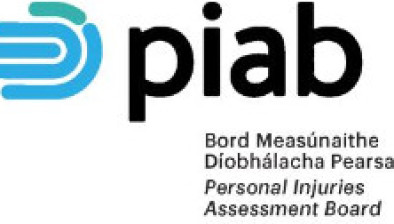Personal injury lawyers disappointed with early stage of Northern Ireland discount rate review

Oonagh McClure
Personal injury lawyers have expressed disappointment with the outcome of a consultation carried out ahead of a review of Northern Ireland’s personal injury discount rate.
The Department of Justice recently published its response to a consultation on the parameters for the 2024 review of the rate, which is applied by the courts to adjust a lump sum award of damages for future financial loss to reflect the return that can be earned by investing it.
The discount rate is currently -1.5 per cent, having been set at this level in March 2022 under new statutory methodology.
While the new discount rate will be determined by the government actuary, the methodology takes into account a range of factors which the Department may adjust through regulations.
The most significant decision made by the Department following the consultation is an increase in the allowance for the cost of professional advice on tax and investments from 0.75 per cent to 1.25 per cent.
“This is to reflect the estimated increase in the tax burden of the average claimant of around 0.5 per cent since the original analysis, and the likelihood that increases to investment costs are not significant for the hypothetical claimant investor, who is assumed to adopt a passive investment strategy that requires less advice and management, and thus costs at the lowest end of the range,” the Department said.
However, the Association of Personal Injury Lawyers (APIL) has said it is disappointed with the overall outcome.
Belfast lawyer Oonagh McClure, speaking on behalf of APIL, said: “Many of the underlying assumptions made about how injured people invest their money are not right but will remain unchanged. There is a real risk that injured people will be under-compensated.
“The discount rate is calculated by using a notional portfolio of investments which is supposed to reflect a typical investment by an ordinary investor, however an injured person is not an ordinary investor.
“Treating injured people as if they were ordinary investors is wrong. Injured people have a specific objective when they invest which is to make sure their compensation lasts long enough to meet their needs, often for the rest of their lives. Their needs are individual to them and as injured people their appetite to take risks is very, very low.”
She said the increase in the allowance for taxation and investment advice and management “is an improvement, but in reality the cost of advice according to APIL’s research is around two per cent”.
However, Ms McClure welcomed the Department’s decision to reject arguments for dual or multiple discount rates to be used in different circumstances.
“The DoJNI has at least committed to sticking with a single discount rate as opposed to a number of different rates over the course of the investment,” she said.
“APIL believes the argument for dual discount rates wrongly assumes that the longer an investor is able to invest their money the more risk they will take on in their investments. There is no evidence that injured and often vulnerable people act in this way.”








